detail profile georges conchon
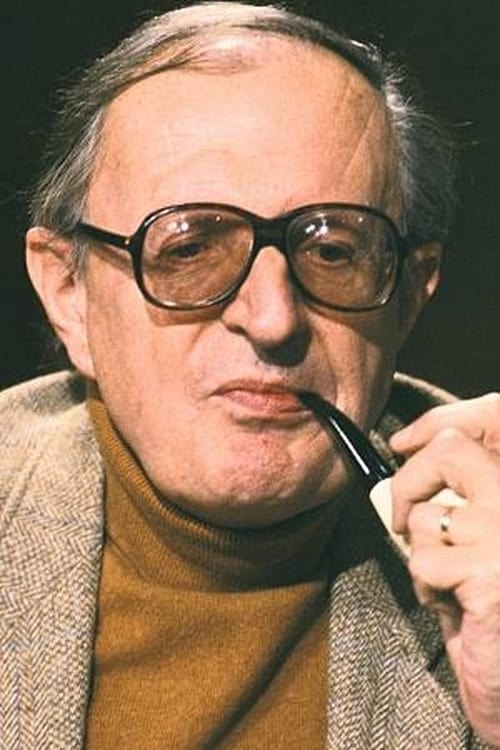
Georges Conchon
George Conchon
atau dikenal sebagai
Riwayat Hidup
Georges Conchon (9 May 1925 in St.
Avitus (Puy-de-Dôme) – 29 July 1990) was a French writer and screenwriter.
He grew up in a family of teachers, and after graduating in philosophy, passed the support of the parliamentary and between the Assembly French Union where he was division head from 1952 to 1958.
He began writing, while traveling extensively, notably in Africa.
He became secretary in 1960 debates in the Senate until 1980.
He was journalist and novelist, he began his career as a scriptwriter in 1967.
His first published novel will be Les Grandes Lessives in 1953, followed by Chemins écartés.
He is then hired by Pierre Lazareff to France-Soir as a journalist.
This experience led to L'État sauvage, which earned him the Prix Goncourt in 1964.
Before the Goncourt, he had received the Fénéon in 1956, then the Booksellers prize in 1960 for La Corrida de la victoire.
As a screenwriter, his record is brilliant, including L'Horizon (directed by Jacques Rouffio 1967), Sept Morts sur ordonnance (J.
Rouffio 1976), La Victoire en chantant (Jean-Jacques Annaud 1976), Judith Therpauve (Patrice Chéreau, 1978), La Banquière (Francis Girod 1980).
It also works in television, directing A2 on a collection of films and with the launch of the series Châteauvallon.
Some of his books were made into movies, including The Savage State and Le sucre by Jacques Rouffio.
His last film collaboration scenario has been devoted to the history of the famous assassin of the nineteenth century, Lacenaire.
Directed by Francis Girod, the film was released in theaters in 1990.
He was Chevalier de la Legion of Honour and an Officer of the Order of Merit and Arts and Letters, and was politically active at PSU and then the Socialist Party.
Source: Article "Georges Conchon" from Wikipedia in English, licensed under CC-BY-SA 3.
0.
Info Pribadi
Peran Yang Di Mainkan Georges Conchon
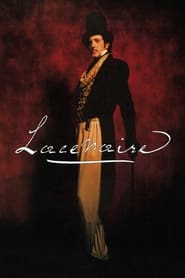 On 9 January 1836 Pierre Lacenaire goes to...
On 9 January 1836 Pierre Lacenaire goes to...The Elegant Criminal 1990
On 9 January 1836, Pierre Lacenaire goes to the guillotine, a murderer and a thief. He gives Allard, a police inspector, his life story, written while awaiting execution. He also asks Allard to care for Hermine, a lass to whom he has been guardian for more than ten years. In flashbacks, from the prison as Lacenaire writes, from Allard's study as he and Hermine read, and from other readers' memory after the book is published, we see Lacenaire's childhood as he stands up to bullies, including priests, his youthful thieving, his first murder, his brief army career, his seduction of a princess, and his affair with Avril, a young man who dies beside him.
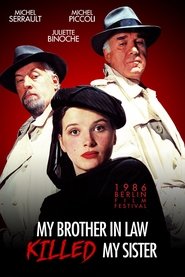 Two members of the French Academy...
Two members of the French Academy...My Brother-in-law Killed My Sister 1986
Two members of the French Academy agree to help the attractive young veterinarian Esther investigate the suspicious death of her sister. Esther is convinced her brother-in-law is responsible, but soon it becomes apparent that those responsible are linked to the very highest echelons of power in the Vatican.
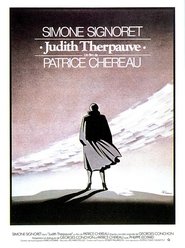 A former hero of the French...
A former hero of the French...Judith Therpauve 1978
A former hero of the French anti-Nazi resistance is approached by old comrades to lead a financially struggling liberal newspaper. Initially reluctant, she takes on the challenge, mortgaging her house to keep it afloat. As conservative forces intensify their opposition, she is eventually forced to sell the paper, seeing it as a personal failure.
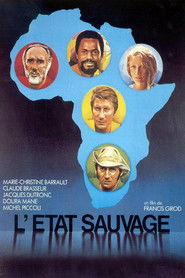 LEtat Sauvage is based on the...
LEtat Sauvage is based on the...The Savage State 1978
L'Etat Sauvage is based on the novel by Georges Conchon which won the highly esteemed Prix de Goncourt. The story chronicles the mindless racism of both the departing French colonial overlords and the emergent black Africans in a newly emerging African state. Laurence (Marie-Christine Barrault) suffers the outrage of her white acquaintances, including her former lover Gravenoir (Claude Brasseur) and her ex-husband Avit (Jacques Dutronc), for her affair with Patrice Doumbe (Doura Mane), an official in the new government. He in turn is ridiculed by his fellow cabinet ministers for stepping out with a white woman. The vilification escalates to such a point that Patrice is brutally murdered, and Laurence barely escapes the country alive, with the help of her ex-husband Avit.
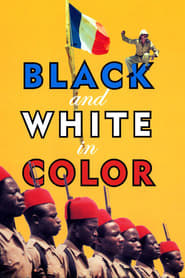 French colonists in Africa several months...
French colonists in Africa several months...Black and White in Color 1976
French colonists in Africa, several months behind in the news, find themselves at war with their German neighbors. Deciding that they must do their proper duty and fight the Germans, they promptly conscript the local native population. Issuing them boots and rifles, the French attempt to make "proper" soldiers out of the Africans. A young, idealistic French geographer seems to be the only rational person in the town, and he takes over control of the "war" after several bungles on the part of the others.
 A semifictional account on the fatidic...
A semifictional account on the fatidic...Rain over Santiago 1975
A semi-fictional account on the fatidic September 11, 1973, when the military commanded by General Pinochet took over the power from socialist president Salvador Allende, initiating a dictatorship that lasted until 1988 causing the deaths and disappearances of many people.
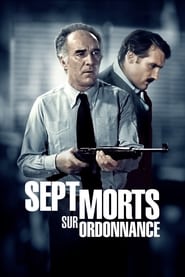 Dr Brz and his sons all...
Dr Brz and his sons all...Seven Deaths by Prescription 1975
Dr. Brézé and his sons, all surgeons with limited abilities fight any competition on their sector with all means.
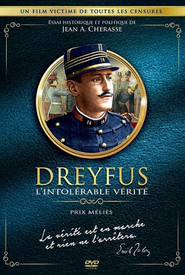 Since the contemporary turn of the...
Since the contemporary turn of the...Dreyfus: The Intolerable Truth 1975
Since the contemporary turn of the century short subjects of Georges Melies, the first French-made film to discuss the long taboo topic of the Dreyfus Case.
 Antonin is a young French soldier...
Antonin is a young French soldier...Horizon 1967
Antonin is a young French soldier who returns home from World War I to recover from his wounds. When he falls in love with a young widow, Antonin questions his role in battle and contemplates desertion as he recalls the horrors of war. He is pressured by his patriotic father to honor his military commitment even if it means he will die.
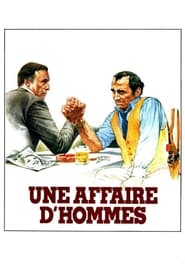 Two friends Commissioner Servolle and real...
Two friends Commissioner Servolle and real...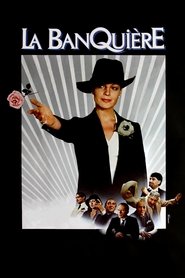 Ambitious Emma Eckhert successfully makes her...
Ambitious Emma Eckhert successfully makes her...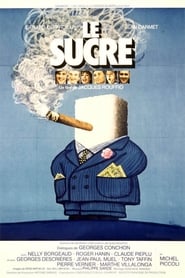 Civil servant Adrien Courtois comes to...
Civil servant Adrien Courtois comes to...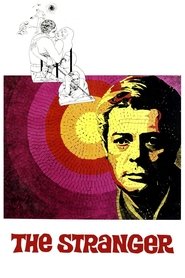 Meursault is a man who feels...
Meursault is a man who feels...